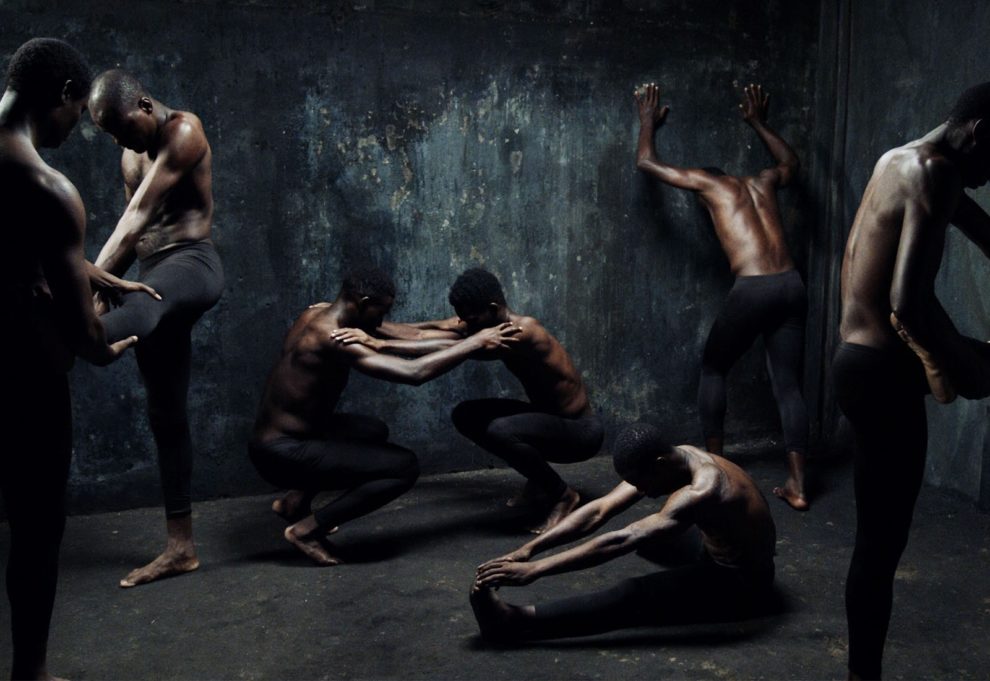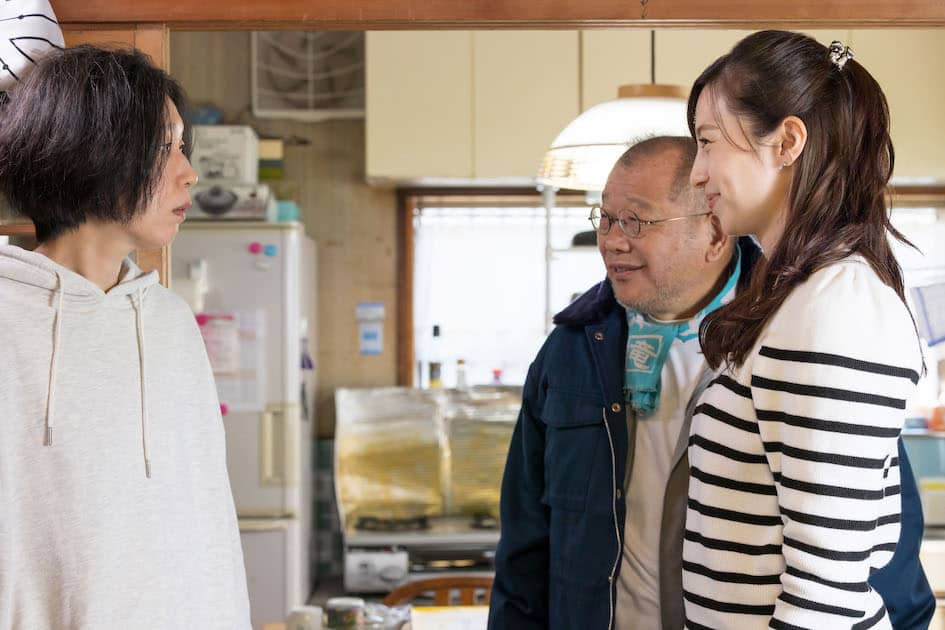by Levan Tskhovrebadze
Emerging Vietnamese director Le Bao deploys eccentric and phantasmagorical images with austere tones and somber visuals in his debut feature “Taste”. With a stoically constructed atmosphere, he creates a monumental cinematic mood, much like the Portuguese iconic auteur Pedro Costa depicting physically distorted bodies of working-class people.
If there is such a definition as Kafkaesque, we should also refer to Costa-esque, as the world of the Portuguese director is exceptionally autonomous. In Kafka's literary orbit, you encounter powerless human beings in absurdist labyrinths of bureaucratic machines while with Costa, spectators examine the existence of weakened individuals in the monstrous web of everyday life. The Vietnamese director manifests a Costa-esque style, but in more stylized, ambiguous and surreal manner.
Nigerian football player Bassley (Olegunleko Ezekiel Gbenga) is neglected by his Vietnamese team and moves in with four local, working-class women in the city slums. From the beginning, the everyday life of the roommates is so dull and expected, that the picture resembles just another slow docudrama. However, during bath time, we see them naked and the cinematic perception entirely changes. After that, the characters remain unclothed the whole time, performing dreadful, senseless rituals.
Bassley massages women and sleeps with his arms around a swordfish, while women drag him to another room. Three of the female characters watch TV while the man is having sex with another one in an adjoining room. They do karaoke on a box TV, ride motorcycles and bicycles in rooms, laugh indirectly, pet animals and then eat them. In short, it's a dreamlike sequence that makes no sense, but creates a peculiar sensation.
“Taste” feels more like an exhibition than a narrative film, where Le Bao displays neglected human bodies in a prison-like setting. One may suspect Susan Sontag's definition of Fascinating Fascism while observing the football player's athletic physical perfection and his contrast to the bodies of working class older women; in fact, the filmmaker nudges the audience to think deeper and seek questions but not answers about the people gathered in the same claustrophobic area that looks like a concentration camp.
Bassley's words — “my father built his new house hoping that we would move there together” — unveil the hallucinating conundrum of “Taste”, a majestic tale about people desiring to feel at home. While the women represent the traditional category of the working class – from the beginning we see their manual labor – Bassley acts for a generic image of newly shaped, 21st-century working-class – migrants. So, they meet each other and, in this unity, they find a home. For Bao Le, home is a place where you can walk nakedly all the time, sleep with a swordfish, or even ride a motorcycle from one room to another; a home is a place where you open your subconscious to exhibit.
At a glance, there's so little going on in the picture; however, there's a lot to think about in this mundane dystopian vision of social estrangement and emotional recognition. “Taste” represents an absurdist and extraordinary trek to the predicament of third-world citizens – third people – who look to settle down – it's a story of home for homelessness.
















